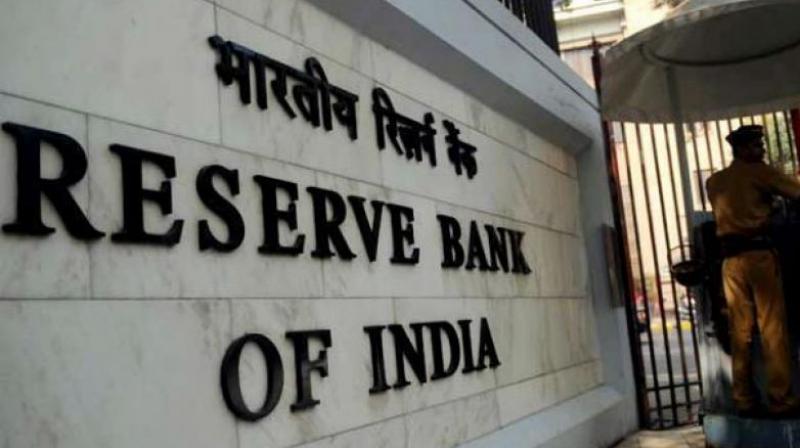Infra lending may take a back seat as RBI refuses to budge on new NPA rules
Banks requested the RBI to make the required majority to 75 per cent for any such plan.

Mumbai: With the Reserve Bank giving no relaxation to its February 12 framework on resolution of stressed assets, banks are likely to become more cautious and risk-averse to long-term funding, especially to the, say lenders.
On February 12, the central bank had come out with revised framework for resolution of stressed assets.
The new set of rules aim at quick reporting of defaults, coming out with resolution plans for defaulting companies and time-bound referrals of defaulting firms to the National Company Law Tribunal (NCLT).
Owing to certain stringent criterion in the new framework, which includes one-day reporting of defaults, lenders have asked for some leniency but the apex bank has not granted any relaxation to its February 12 circular.
"The RBI is very clear that they are not going to give any relaxation (on the February 12 framework). Now, I think banks will become very cautious and risk averse, particularly on the long-term funding in sectors such as power, road and ports," said a senior banker. Bankers said most of the restructuring happens in long term projects in the infrastructure sectors.
For nation building, funding is required for these sectors but risks are very high in these projects as there are things which are much beyond the capabilities of the promoters, and hence banks will be very conservative, said another banker from a large state-run bank.
"The issue with long-term funding is that in these kinds of loans there are lots of variables like land acquisition, environment clearances or technical reasons that cannot be factored in at the time of loan sanctioning. "If a loan is for one year then there are less risk factors and we can visualise the kind of issues that particular project over that period. But, if I am talking of 12 years, it is very difficult for us to visualise the issues," the banker cited above explained.
Under the framework, bankers will have to implement a resolution plan to revive a defaulting company within 180 days. If the plan is not implemented within the stipulated time, the account will have to be referred to NCLT for resolution as per the Insolvency and Bankruptcy Code (IBC).
The new plan requires approval from all the banks, in a consortium, for any resolution plan. Banks requested the RBI to make the required majority to 75 per cent for any such plan. But they are yet to hear from the regulator.
In the revised framework, RBI also discontinued earlier restructuring schemes like the corporate debt restructuring (CDR), strategic debt restructuring (SDR) and scheme for sustainable structuring of stressed assets (S4A).
Lenders had urged the central bank to allow these restructuring schemes for some more time, but to no avail. In a recent speech, deputy governor N S Vishwanathan had defended RBI's February 12 framework, indicating there would be no relaxation to the new set of rules.
"The RBI, as a regulator is trying to bring in the discipline and will always look at from a systemic perspective, but banks will have to evaluate it (any rule) from the overall implication on their balance sheets," said another senior banker.
"Nobody has said that this (revised framework) is not doable. What banks are saying that they need sometime to switch over. Both the industry as well as banks have to prepare themselves for the new set of norms...this could be done in a phased manner," the banker added.

